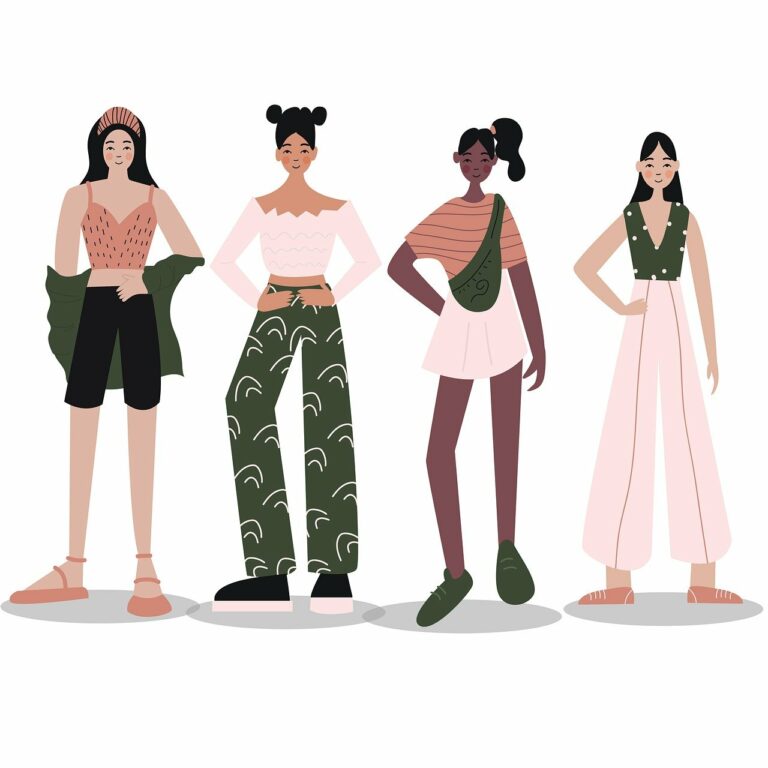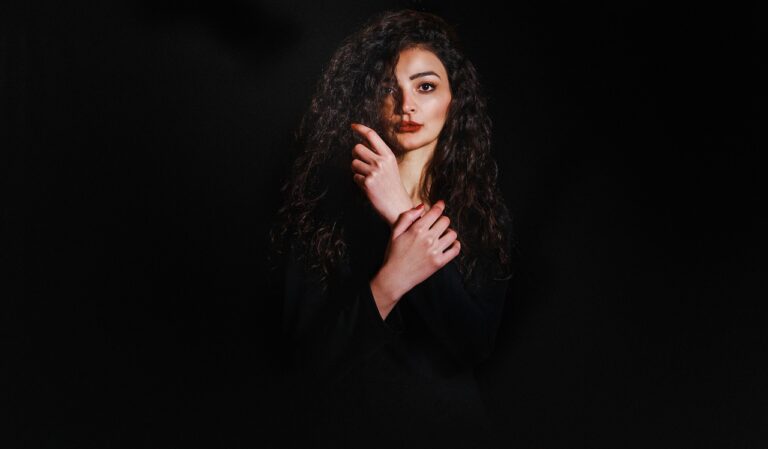Artificial Intelligence in Fashion Design
Trend forecasting in the fashion industry has significantly evolved with the integration of AI technology. AI algorithms can analyze vast amounts of data from various sources such as social media, fashion shows, and consumer behavior to predict upcoming trends accurately. This allows fashion brands to stay ahead of the curve and create collections that resonate with consumers’ preferences.
By harnessing the power of AI, fashion companies can streamline their design process and make informed decisions based on data-driven insights. This not only reduces the time and resources spent on manual trend research but also improves the overall efficiency and accuracy of the design phase. As a result, fashion designers can create innovative and market-relevant collections that cater to the ever-changing demands of consumers.
• AI algorithms can analyze vast amounts of data from various sources
• Predict upcoming trends accurately
• Fashion brands can stay ahead of the curve
• Create collections that resonate with consumers’ preferences
By utilizing AI technology, fashion companies can also personalize their marketing strategies and enhance customer engagement. By analyzing consumer behavior patterns and preferences, AI can help brands target specific audiences with tailored campaigns and product recommendations. This level of personalization not only improves customer satisfaction but also increases brand loyalty and ultimately boosts sales.
• Personalize marketing strategies
• Enhance customer engagement
• Target specific audiences with tailored campaigns
• Increase brand loyalty
Furthermore, AI-powered trend forecasting tools enable fashion businesses to make more sustainable decisions by reducing overproduction and waste. By accurately predicting which styles will be popular in the upcoming seasons, brands can optimize their production processes and minimize excess inventory. This not only benefits the environment but also helps companies improve their bottom line by avoiding unnecessary costs associated with unsold merchandise.
• Make more sustainable decisions
• Reduce overproduction and waste
• Optimize production processes
• Minimize excess inventory
In conclusion, the influence of AI on trend forecasting in the fashion industry cannot be understated. From predicting upcoming trends accurately to streamlining design processes and enhancing customer engagement, AI technology has revolutionized how fashion brands operate. By embracing these advancements, companies can create more innovative collections, increase efficiency, reduce waste, and ultimately drive business growth in a competitive market landscape.
Enhancing the Design Process with AI Technology
Innovations in AI technology have revolutionized the way designers approach the creative process. By harnessing the power of artificial intelligence, fashion houses can now streamline their design processes, allowing for more efficient development and iteration of new collections. This advanced technology enables designers to quickly generate and test countless design variations, leading to a more precise and tailored final product.
AI algorithms can analyze vast amounts of data, such as historical sales trends and customer preferences, providing valuable insights that designers can leverage to create garments that resonate with their target audience. By incorporating AI into the design process, fashion brands can better understand consumer demands and align their collections with current market trends, ultimately improving the overall success of their designs.
Personalization and Customization in Fashion with AI
In the era of fast fashion and rapidly changing trends, personalization and customization have become key priorities for consumers seeking unique and tailored clothing experiences. With the help of artificial intelligence (AI) technology, fashion brands are now able to offer more personalized products and services to their customers. By leveraging AI algorithms that analyze consumer data and preferences, companies can create bespoke pieces that cater to individual tastes and styles.
Moreover, AI has revolutionized the way fashion designers approach customization by enabling them to efficiently generate design options that are tailored to specific customer needs. This technology allows designers to experiment with different patterns, colors, and styles at a faster pace, ultimately leading to a more personalized and engaging shopping experience for consumers. As a result, the fashion industry is witnessing a shift towards more inclusive and customer-centric approaches, where AI plays a critical role in driving innovation and creativity in the customization process.
How does AI influence trend forecasting in the fashion industry?
AI analyzes large amounts of data to predict future trends, helping designers and brands stay ahead of the curve.
How does AI technology enhance the design process in fashion?
AI can assist designers in creating customized designs, optimizing production processes, and improving overall efficiency.
What is the role of personalization and customization in fashion with AI?
AI enables brands to offer personalized shopping experiences, customized products, and tailored recommendations to consumers.







